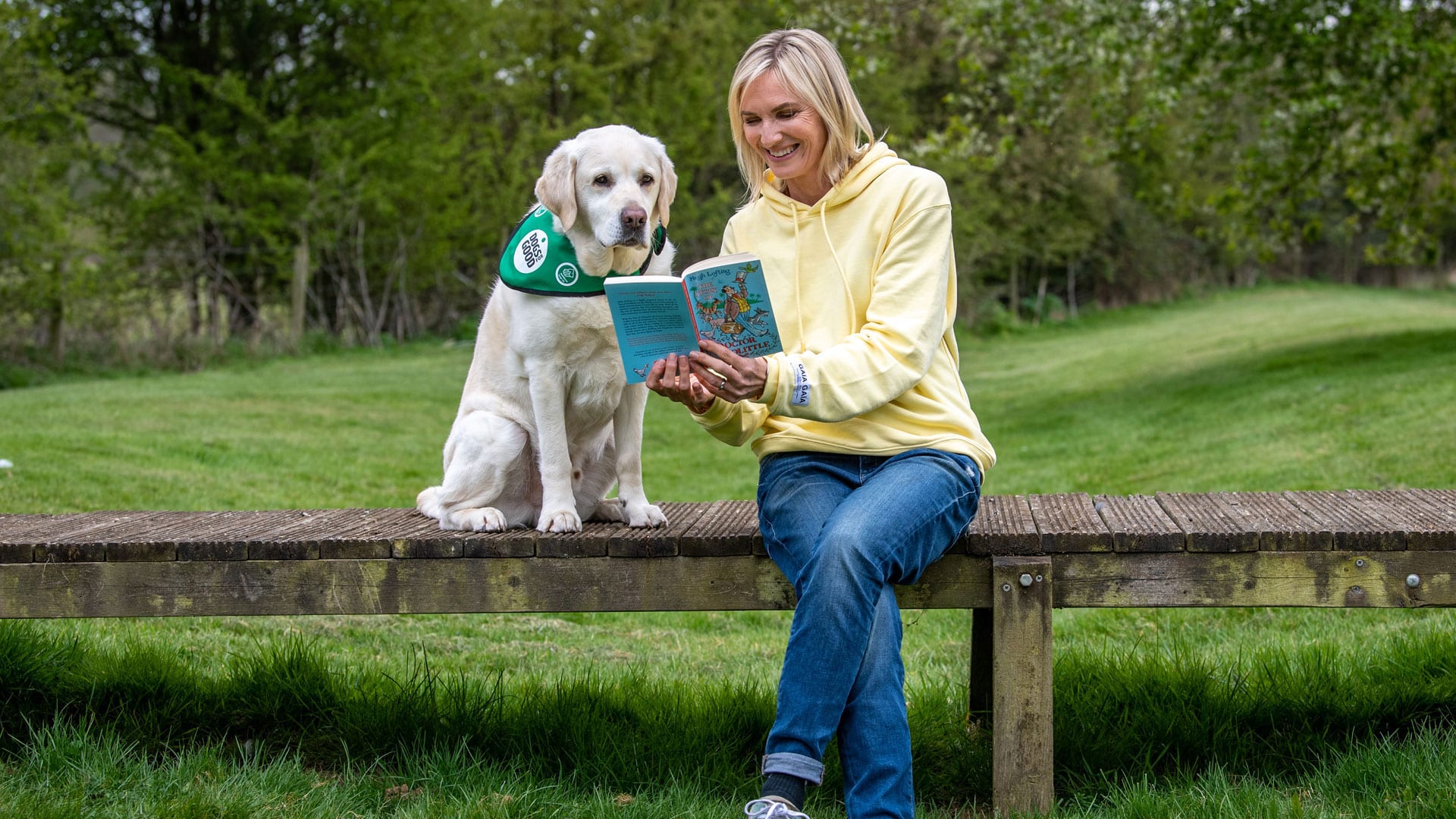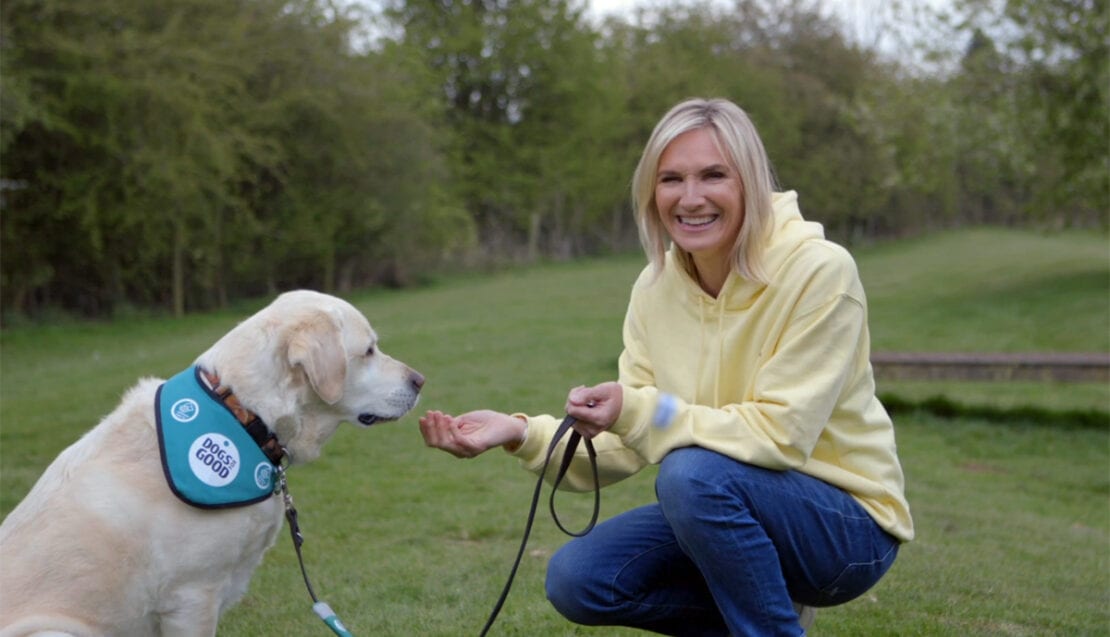Life at Grayling: Interview with account executive Evelyn Cowen
| By Ayer Mehmet | 0 Comments

In our latest post on life at Grayling, we meet Evelyn Cowen, who joined us in September 2022. We get the lowdown on why they chose PR as a career and their experience so far.
What attracted you to a role in PR?
Prior to starting at Grayling, I had an extremely varied but somewhat esoteric range of experience, including running an electronics repair business, working in the Royal Household, engaging in activism, and pitching an ambitious – if moderately fantastical – scheme to a global sustainability company involving the mixing of precious metals with a radioisotope.
In addition to the innate interest in current events every PR employee possesses, there really is no other industry that combines and develops these disparate interests. Grayling, more so than most firms, has the client list to back this up, with clients in practically every industry going and plenty of opportunities to work with them.
I am very much of the opinion that no other industry develops such a wide range of skills so quickly, and I have very much been proven right. Working in PR allows one to experience limited ‘doses’ of a huge range of industries, and that makes it a phenomenal place to begin a career. If one isn’t sure what sort of place one would like to work at, PR encourages one to trial a range of them, and Grayling more so than most.
What challenges have you faced?
Compared to some people, I have a unique set of challenges to take into account. I was apprehensive on my first day, as physical disability can affect how I work. I was thrilled when – unprompted – I was shown a variety of gender-neutral spaces, and it was made clear that Grayling encourages unique styles of working tailored to the individual.
Almost immediately, my requirements were accommodated, and equipment was purchased which allowed me to work at full capacity. Crucially, working with a disability can be unpredictable, which doesn’t play well with the time-sensitive and varied requirements of our clients. Despite this, everyone, regardless of seniority, treated me fairly and allowed me to work around my health. This was hugely gratifying, and part of a unique culture which allowed me to not just get the work done but also to prosper.
This is not only unusual but hugely gratifying; this work-as-you’re-able approach naturally comes with its own challenges, but the supportive infrastructure at Grayling balances everything out. This is not only a unique approach in the industry, but one that very clearly is only possible due to the collaborative atmosphere of the firm.
So, what’s it been like working at Grayling so far?
I find working at Grayling very exciting, as something new seems to appear every minute and my skillset develops at lightning speed as a result. Cliché aside, there are few other scenarios where a person can, in a single day, design and commission a line of merchandise to promote a major infrastructure bid while also working on a radical new climate and land preservation initiative. In my first week, I’d amassed enough to elevate my CV to godhood, let alone my first month!
The office community is unlike anywhere I have worked before; it is genuinely collaborative and organic, with hierarchy and seniority acting more as a guide than a rigid framework. People of all positions engage largely as equals and cooperate in a natural and instinctive way. Personally, I observe this to be an excellent way to structure a PR firm, as the needs of clients too are fluid, fast-moving and don’t necessarily adhere to a strict framework.
As such, Grayling seems better placed to anticipate and respond to change far more effectively than a lot of firms, and crucially everyone seems happier while they do it.
What are your personal ambitions for your career in PR?
In all honesty, Grayling is such a whirlwind that my ambitions change almost daily! As it stands, my primary aim is to build upon my skills and advance my knowledge. The company is absolutely overflowing with talent and experience, and I’d like to make use of it.
Consumer PR is an area I’ve never worked in, and I’m keen to develop my knowledge of that area by ranging out and collaborating with our team. Something I’m also keen to do is reinforce my network, which Grayling actually offers very useful guidance for.
I’m always impressed by the vast number of journalists, advisors and fellow PR professionals that many of my colleagues can call upon immediately, and I’m keen to connect with and establish my own list.
You can connect with Evelyn here on Linkedin.
If you’re keen to work with Grayling, check out our Join Us page to see what roles we have currently open. We look forward to hearing from you!

